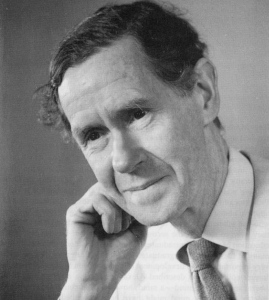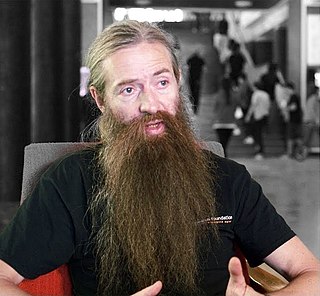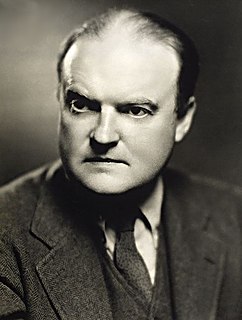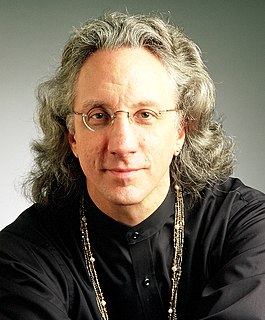A Quote by Arthur Conan Doyle
We balance probabilities and choose the most likely. It is the scientific use of the imagination.
Quote Topics
Related Quotes
One influential philosophical position about the use of probability in science holds that probabilities are objective only if they are based on micro-physics; all other probabilities should be interpreted subjectively, as merely revealing our ignorance about physical details. I have argued against this position, contending that the objectivity of micro-physical probabilities entails the objectivity of macro-probabilities.
We may seem the weakest and most insignificant of all the Realms, but our strength comes in other ways. We have what no other race has: imagination. Any one of us, even the lowliest, can create worlds within ourselves; we can people them with the most extraordinary creatures, the most amazing inventions, the most incredible things. We can live in those worlds ourselves, if we choose; and in our own worlds, we can be as we want to be. Imagination is as close as we will ever be to godhead, Poison, for in imagination, we can create wonders.
I think imagination is at the heart of everything we do. Scientific discoveries couldn't have happened without imagination. Art, music, and literature couldn't exist without imagination. And so anything that strengthens imagination, and reading certainly does that, can help us for the rest of our lives.
The office of science is not to record possibilities; but to ascertain what nature does ... As far as Darwinism deals with mere arguments of possibilities or even probabilities, without a basis of fact, it departs from the true scientific method and injures science, as most of the devotees of the new ism have already done.
Your imagination is the single most important asset you possess. Your imagination is your power to create mental pictures of things that don't exist yet and that you want to bring into being. Your imagination is what you use to shape your future. And so in your own way, you are a prophet. You generate countless predictions every day. Your imagination is the source,tirelessly churning out mental pictures of what you'll be doing in the future.






































